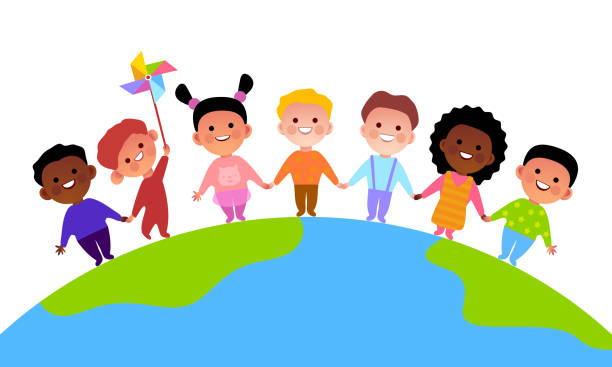How to overcome challenges, convert children’s rights into a reality

Growing up, the words ‘child rights’ were rare to hear in many homesteads. In our patriarchal society, children, just like women were to be seen and not to be heard. We followed orders without questioning knowing very well it was for our best interest, otherwise we would receive a thorough beating. Parents had various ways of communicating and children had learnt to decode even non-verbal communication — for instance there is a way your mum would look at you and you would know you were required to leave because the adults needed space, or you needed to stop what you were doing as a matter of urgency or you needed to take charge of a certain matter…
Just the other day I told my 10-year-old to clear the dinner table. He mumbled something that sounded like ‘child abuse’, took the remote and continued to scan and watch his favourite Nickelodeon channel! My late dad would turn in his grave!
You see, we would come home from school and each one of my siblings knew the task we needed to perform. Fetch water, clean the house, watch dishes and cut grass for Cicio (our family cow). We took care of the farm depending on the season— if it was digging season, we would pick our hoes and proceed to dig. We would also do the necessary during planting, weeding and even harvesting season. At the end of the chores, we had to complete loads of homework given by our various teachers, otherwise more than six strokes of the cane would land on our hands, backs and bottoms the following day at school.
Important issue
“But you turned out fine,” someone would tell me. May be yes, may be no. May be the Psychology lessons I took during my first and second year in university played some part in this. Or perhaps majoring in Sociology and Communication for my Bachelors of Arts degree helped in understanding where I came from. But I digress because I do not want to reduce this important issue to just child labour and or torture.
It may look like children in the 21st century enjoy a lot of rights, but are they? Under the Children Act (2002), the government commits itself to take steps to the maximum of its available resources to progressively achieve the full realisation of the rights of the child. Some of these rights include right to life, parental care, education as well as health care.
Despite Kenya’s pursuit of legal, policy, and institutional reforms in education since 2010, there’s little improvement in learning outcomes. Various reports have shown that children’s education in the country is inequitably distributed. These shades of inequality glared in the lens of disability, geographical placement pitting rural to urban areas, gender, low against the high-income households, the dichotomy of private versus public primary schools, and variations across the counties. Thousands of schools going children are still out of school due to various factors such as lack of resources, insecurity, harmful practices such as female genital mutilation and early marriages, among others thus denying them the right to education. Teeanage pregnancies has been a thorn in the flesh in recent past.
Increased internet connectivity helps realise children’s rights, but sophisticated technologies pose risk of abuse and sexual exploitation.
This years World Children’s Day offers each of us an inspirational entry-point to advocate, promote and celebrate children’s rights, translating into dialogues and actions that will build a better world for children.










